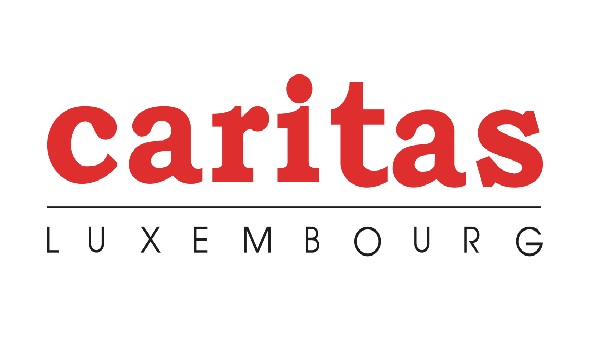
Caritas Luxembourg has called for the introduction of social transfers for those hardest hit by the COVID-19 crisis.
In a statement issued earlier today, the NGO maintained that, despite the government's many efforts, the effects of the health crisis on the Luxembourg population and economy are undeniable. It added that, while everyone experiences the social and psychological consequences of the crisis differently, some people have been affected more financially than others. Particularly hard hit are young people at the end of their schooling, small entrepreneurs, the self-employed, craftspeople, part-time workers, the unemployed, temporary workers and those in unregulated situations, as well as single-parent households and people with little family support.
Meanwhile, others benefitted from paid parental leave during quarantine or teleworking. Caritas thus suggested requesting a "solidarity contribution" from these so-called “winners of the crisis”. A one-time solidarity contribution of €5 per employee, for example, could help many people and generate around €2 million in a single payment. Alternatively, it would also be possible to levy a solidarity tax on income corresponding to three times the minimum wage, for example, with a more differentiated distribution of the contribution. The NGO also suggested discussion of the removal of the pension adjustment planned for January 2022, although a minimum threshold of the pension level should be set.
Caritas Luxembourg maintained that, in order to fight injustices in society, it is now more important than ever to help those who are threatened or affected by poverty. Financial assistance to low-income households would increase the purchasing power of those in need. Since the latter would devote a good part of this increase in purchasing power to consumption to meet their basic needs, this measure would also benefit the economy and could thus help to offset, in part, the effects of the recession.
The NGO suggested the following targeted social transfers:
• a permanent adjustment of the cost-of-living allowance;
• an increase in rental subsidies;
• the adaptation of family allowances from now (rather than at the end of the legislative period);
• an adjustment of Social Inclusion Income (REVIS) to prevent certain households from falling permanently into poverty;
• immediate tax relief for single-parent households and households with many children.
Caritas Luxembourg concluded that these social transfers would sustainably increase the purchasing power of a significant part of Luxembourg society and the national economy would in turn benefit in some of its sectors.









